Albert Einstein’s Brain: Unraveling the Genius Within
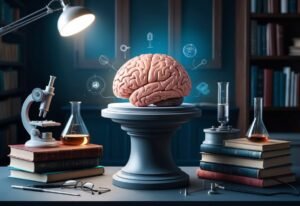
Albert Einstein's brain was removed and preserved after his death in 1955, leading to decades of study and debate on whether it held secrets to his genius.

Albert Einstein's brain was removed and preserved after his death in 1955, leading to decades of study and debate on whether it held secrets to his genius.
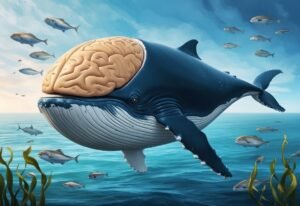
Whales, with some of the largest and most complex brains in the animal kingdom, exhibit impressive cognitive abilities that scientists are still uncovering.

Zoos aim to protect endangered species and educate, but they face criticism for potentially harming animals through small enclosures and unnatural behaviors.
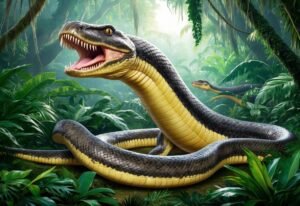
Titanoboa, the largest snake ever at up to 42 feet and 1.25 tons, lived in a hot, humid Colombia 58 million years ago, providing insights into ancient climates.

Words for Nerds is a fun, Wordle-like game for intellectuals, offering a scientific twist and tapping into nerd culture by challenging players with science-related vocabulary.
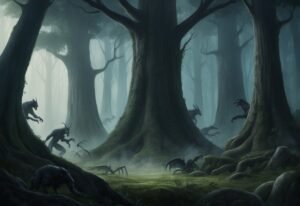
Cryptozoology searches for animals like Bigfoot not proven to exist, blending scientific methods with folklore, often seen as pseudoscience but sometimes leading to real discoveries.

BSL-4 labs are the most secure facilities for studying lethal microbes, using stringent biocontainment measures to protect researchers and the public.

Dugongs are large, friendly marine mammals living in warm coastal waters, facing threats from hunting and habitat destruction; efforts are underway to save them.
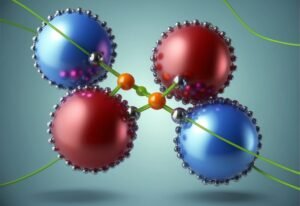
Chemical bonds are forces holding atoms together, forming molecules and materials; types include ionic, covalent, and metallic, each giving unique properties.

Sweating is rare in the animal kingdom; while most animals pant or seek shade to cool off, only a few like horses, chimps, and zebras sweat to regulate their temperature.